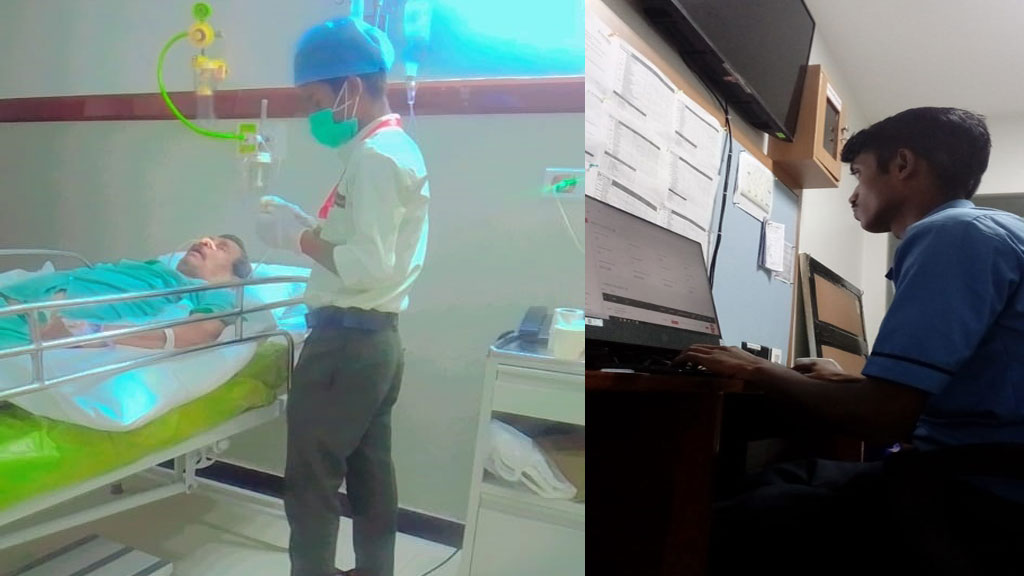Introduction:
The intersection of education and Corporate Social Responsibility (CSR) is a powerful realm where skills cultivated in the classroom become catalysts for positive change in the broader community. As businesses increasingly recognize their role in societal well-being, leveraging education skills is emerging as a key strategy for achieving CSR excellence. This article explores the transformative journey from classroom learning to community impact, showcasing how education skills can be harnessed to drive meaningful corporate social responsibility initiatives.
Educational Foundations of CSR Awareness:
The classroom serves as a foundational space for cultivating awareness of social and environmental issues. Education provides individuals with the knowledge to understand the complexities of the world, fostering a sense of responsibility toward community well-being.
Integrating CSR principles into educational curricula equips future professionals with a mindset that values sustainable practices and ethical decision-making.
Skill Transfer: Bridging the Gap:
Education imparts a diverse set of skills, from critical thinking to problem-solving. These skills, when transferred to the corporate environment, become powerful tools for addressing complex social challenges.
Corporate training programs can strategically leverage skills acquired in educational settings, ensuring that employees can translate theoretical knowledge into actionable CSR strategies.
Building Ethical Leadership through Education:
Educational institutions play a pivotal role in shaping ethical leaders. Leadership programs that emphasize values, integrity, and social responsibility contribute to the development of leaders who prioritize CSR in their decision-making.
Companies benefit from fostering a culture of ethical leadership, as leaders with a strong educational foundation are more likely to guide their organizations toward sustainable and responsible practices.
Education as a Driver of Innovation:
The dynamic nature of education encourages innovation. By fostering a culture of continuous learning and creativity, educational institutions prepare individuals to think outside the box when addressing societal challenges.
Businesses that value and promote innovation can leverage the inventive thinking fostered in educational environments to develop novel CSR solutions, contributing to positive change in communities.
Community-Centric Education Initiatives:
Educational institutions and businesses can collaborate on community-centric initiatives. Partnerships that focus on education, skills development, and mentorship programs contribute to building resilient communities.
CSR strategies that prioritize community needs identified through educational collaboration create a mutually beneficial relationship, enhancing social impact and fostering sustainable development.
Conclusion:
The journey from classroom to community represents a continuum where education skills serve as a driving force for CSR excellence. As businesses increasingly embrace their responsibility to society, the integration of educational principles into corporate strategies becomes imperative. By recognizing the symbiotic relationship between education and CSR, companies can harness the transformative power of knowledge and skills to create a positive impact that resonates far beyond the boardroom, enriching communities and fostering a sustainable future for all.
- By admin

